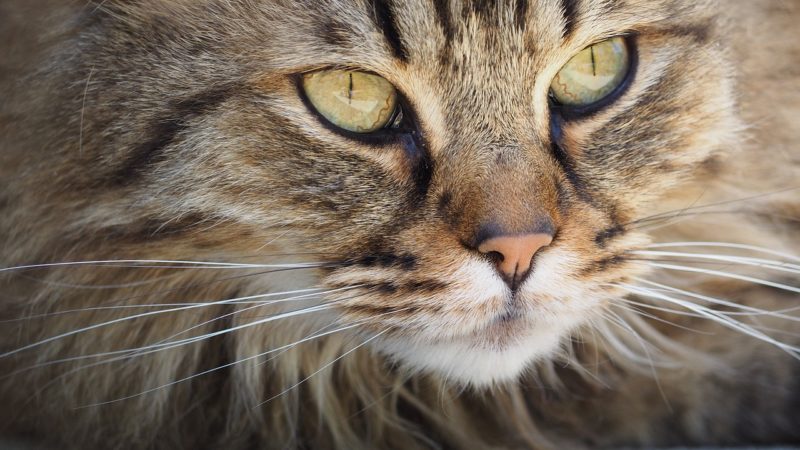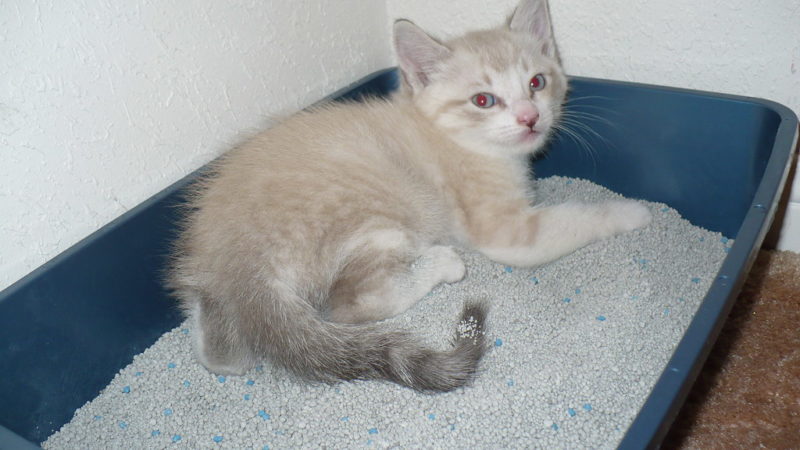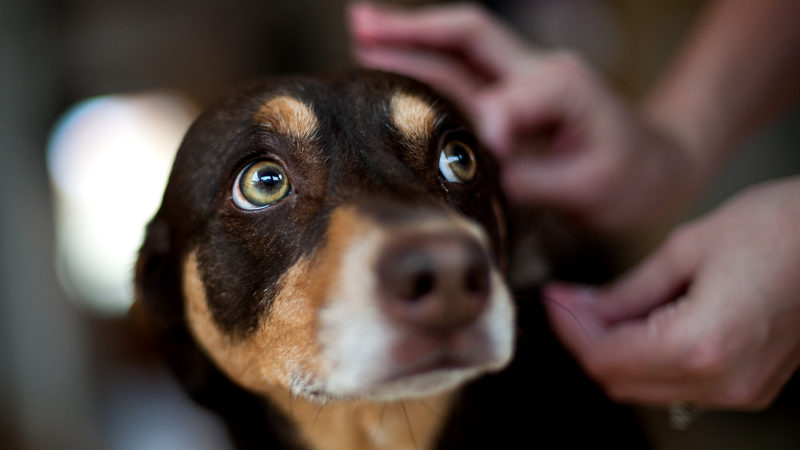Is Coronavirus in Dogs a Real Thing?

Coronavirus in dogs? Can it spread in the dogs too? There are lots of questions in the minds of the people as they care about their pets a lot. Canine enteric coronavirus is an intestinal tract infection in dogs. Different strains of coronavirus can be found in humans, dogs, and other animals. It is not the same as the virus in humans; getting to know more about the corona virus in dogs can help people to keep their gods safe and healthy.
Fortunately, a canine enteric coronavirus does not spread in humans from their dogs, but sadly it can spread from one dog to another. The coronavirus in humans, aka covid-19, is totally different from CCoV. More than 3,000 pets, including cats, horses, and dogs, were tested in South Korea and the United States for covid-19. The tests were conducted by IDEXX, which is a veterinary laboratory.
Most of the reports were found negative, but still, studies are going on to determine whether the dogs are at risk or not. There are reports of some positive cases of pets after getting in contact with their covid-19 positive owners. There is a lot more to know about the virus and if it can affect the dogs and other animals. It is recommended by the Centers for Disease Control and Prevention (CDC) to avoid contact with the pets if you have COVID-19 symptoms.
Related: https://www.cdc.gov/coronavirus/2019-ncov/daily-life-coping/animals.html
Canine enteric coronavirus is an infection that can lead to diarrhea in dogs. It is totally different from Covid-19, bovine coronavirus (BCoV), feline coronavirus (FCoV), and canine respiratory coronavirus (CRCoV). All these viruses are from the same family but are not the same at all.
The symptoms from infection of canine enteric coronavirus are usually the same as the infection symptoms of other coronaviruses. While an enteric coronavirus is the most common infections in dogs, but an infection from canine respiratory coronavirus is rare. Enteric coronavirus can affect the dog’s intestines and the stomach.
- Diarrhea
- Dullness & inactiveness
- Vomiting
- Loss of hunger
If a dog is not feeling well, becomes inactive, and loses appetite, it refers to normal behavior or an infection from enteric coronavirus. The coronavirus symptoms in dogs also include vomiting and acute diarrhea.
If a dog gets in contact with a fecal matter infected with the virus, it can get positive for a coronavirus infection. The habit of sniffing other dog’s poop can cause the virus to transfer into a healthy dog. Contaminated water and food can also cause infection. The virus spreads from dirty places and the areas where dogs defecate. The virus can live there even in extremely cold temperatures.
Summary: If a dog comes in contact with a fecal matter that has a virus in it, the dog can get infected. Eating another dog’s poop can lead to the spreading of the virus.
Diagonose of an Infection
If you see the symptoms of an infection of coronavirus in your dog, take him to the veterinary doctor as soon as possible. The doctor will do some physical examination and then will take a sample of the dog’s feces to conduct more tests. Several tests will be held on the wastes to diagnose if there is a coronavirus infection or other, bacterial or parasitic infections. Additionally, an X-rays and blood test will be performed to get more information.
There is no specific coronavirus vaccine for dogs. But to ease the symptoms, fluids, probiotics, and fibers are given to the dog to avoid dehydration. Other steps can be taken to reduce the symptoms as well.
Certain vaccines are recommended regularly for the dogs to prevent a canine enteric coronavirus infection. You can ask your veterinary doctor if there are any coronavirus dogs vaccines to avoid the potential coronavirus infection.
Conclusion
Taking good care of your dog with healthy dog foods and regular checkups can help prevent infection. Do not allow the dog to roam around the dirty places. Also, make sure your dog is not sniffing around other dog’s poop. If you notice even mild signs of coronavirus symptoms, visit the veterinarian as soon as possible.
Read More: What is Coronavirus in Cats?
Article References: https://www.cdc.gov/coronavirus/2019-ncov/faq.html#COVID-19-and-Animals






